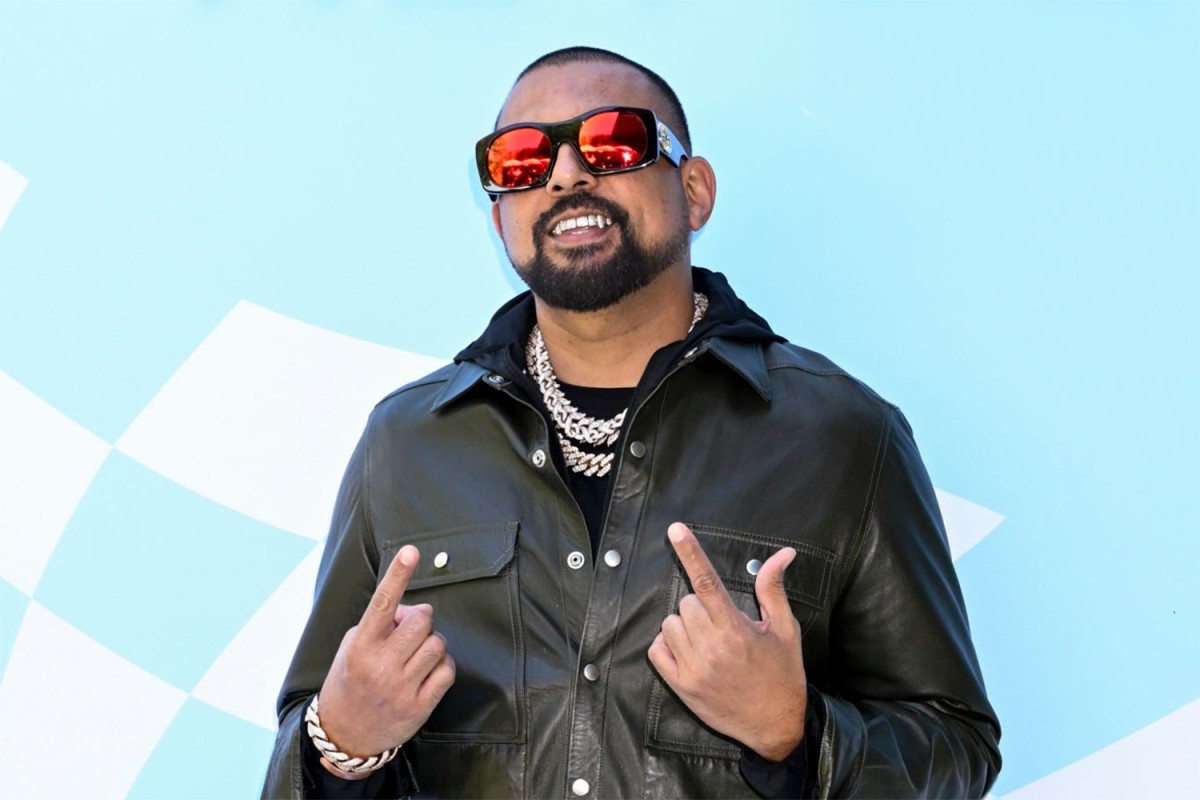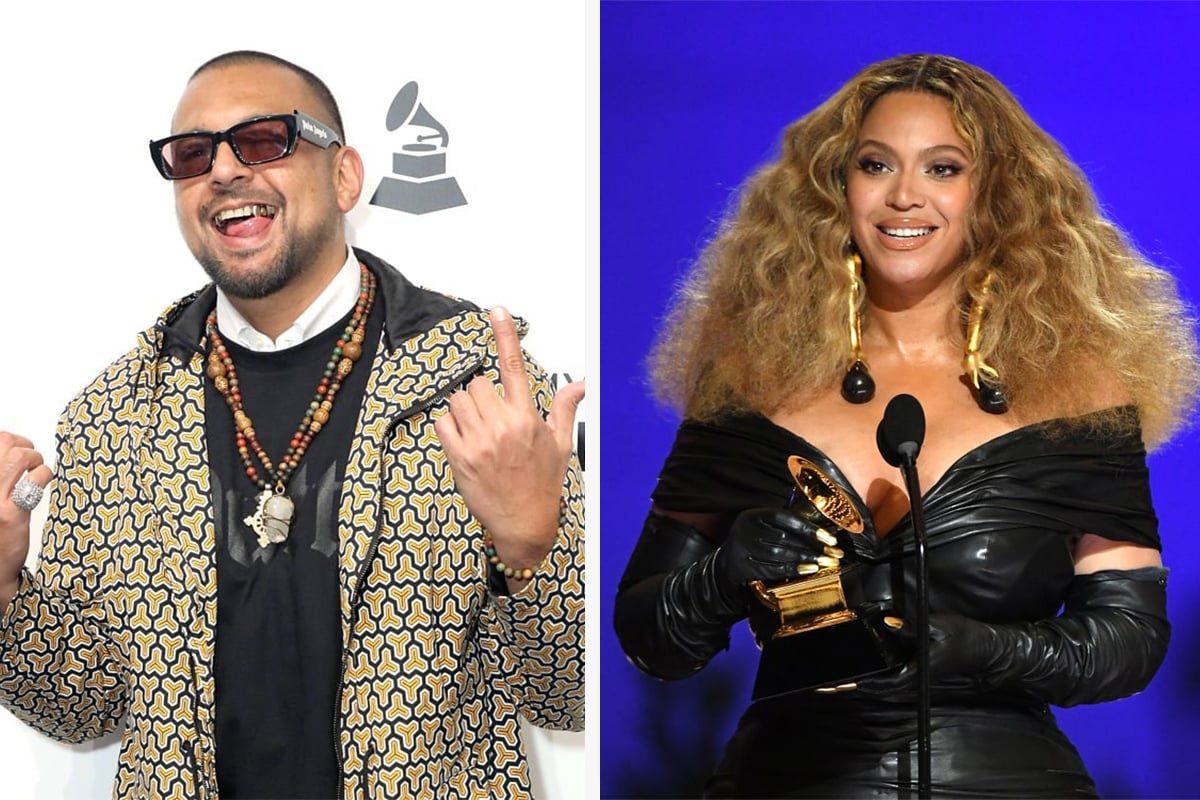Sean Paul On Dancehall’s ‘Strength’ In The US: “I’m Selling Out Arenas”

Dancehall superstar Sean Paul is wrapping up the US leg of his “Greatest Tour,” and with sold-out arenas, he’s proving a point.
“Our shows have amazing energy,” he told The Hollywood Reporter. “It proves to me that no matter what nobody tells me about Dancehall not being accepted in the States anymore, I’m selling out arenas and I’m still doing it and people still love it. We helped to spawn different genres of music. They got reggaeton, they got Afrobeats, but the real players in the game know how much we have influenced them.”
Paul added that he’s proud of the genre’s impact, stating, “I have to state the claim of dancehall being as strong and as powerful as it is in the international market today. There’s still a lot of people using or utilizing that infectious beat that we have, and I’m proud of it.”
“A lot of people can look at me as an elderly statesman in the game, but I’m still performing like a young buck,” he continued.
Sean Paul has had 19 songs on the Billboard Hot 100 chart—from as far back as 2003, including Baby Boy, his collaboration with Beyoncé, which topped the chart for nine weeks.
He told THR that the song made history for both artists and helped establish Dancehall as a force to be reckoned with, and he fondly recalled the serendipitous moment when a mango fell through his car window while he was writing his verse, which he took as a sign of its sweetness.
“She opened on a show here in Jamaica with [Destiny’s Child]. They only had one song and I was on that same show, so that’s where we all met. And knowing that she called me back a couple of years later for her first other project was awesome. I was writing my part of the song in the back of my house underneath a mango tree. And while I’m writing my verse, a mango falls out the tree and falls straight through the window [of my car] into my lap. And I was like, ‘That must mean that this song is a sweet song,’” Paul said.
The song, which featured a Dancehall-flavored groove, topped the Billboard Hot 100 chart for nine weeks. “One thing that I do recall about that time was being very proud that she used a dancehall-oriented track,” Sean added. “Because at the time, people were hollering at me to do collabs — I was [working] with Busta Rhymes, I was doing stuff with Clipse and I was doing stuff with Blu Cantrell — and all of those stuff was very dope but they were more hip-hop oriented, and this was such a big artist and she was stepping out on her own. So it really made me feel that dancehall-style was coming into its own and that my music or my genre was being accepted by a lot of people.”
“Coming from Texas, I know she’s heard a lot of dancehall growing up and [was] familiar with that whole vibe, so it made sense to me and it made history for both of us.”
Looking forward, Paul has his sights set on collaborating with Alicia Keys.
“I’ve said this for 10,000 years, Alicia Keys, please call me,” he said.
“Swizz [Beatz] did reach out to me one time to do a reggae collab with her, and when I called him back, I just haven’t heard back anything since. So, maybe they changed their mind, they got busy, I don’t know. But I still revere her talent very much. I think that me and her could make a great banger. Whether it be a one-drop, sensual, smooth, reggae kind of vibe or hip-hop, R&B vibes that she’s usually known for, or a dance thing.”

